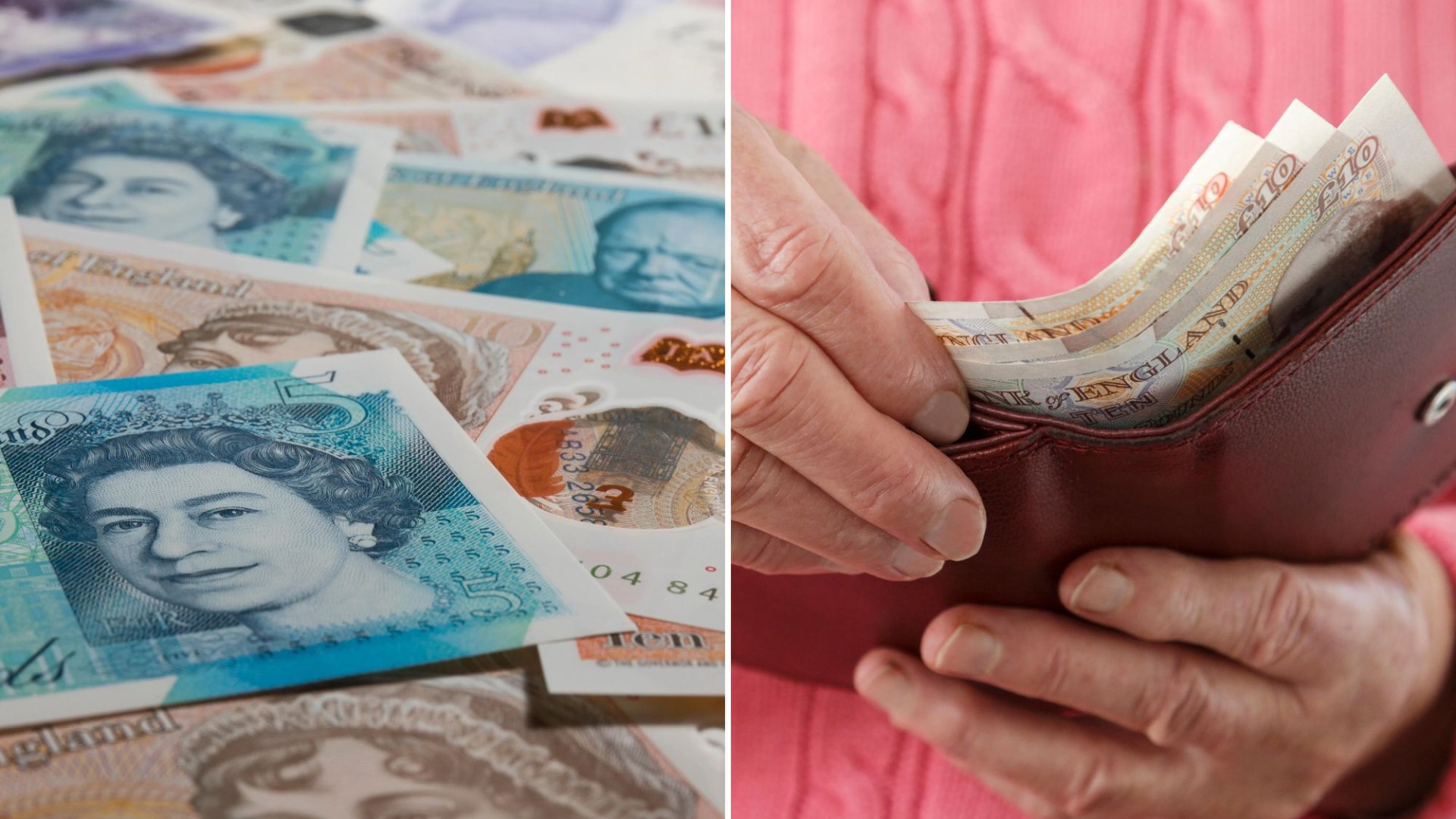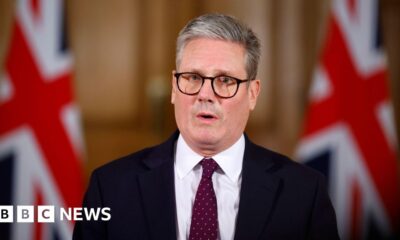UK chancellor Rachel Reeves does not want to “speculate or jump to conclusions” about what Donald Trump’s election means for the British economy.
“It’s an incredibly important trade relationship for the UK and US as well,” she told the Financial Times. “We want to grow that, as it has grown in recent years.”
Yet even if the UK’s reliance on services shields it from the worst of any fresh tariffs, the country remains vulnerable to global shocks in trade, business confidence and the bond market, say economists.
What are the risks to the UK?
Trump warned during the campaign that he wanted to impose a 60 per cent tariff on Chinese imports and 10 to 20 per cent on goods from other parts of the world.
The UK is a relatively small, open economy, which makes it notably vulnerable to changes in import prices. While the EU is by far the UK’s biggest overall trade partner, in national rankings the US comes first when it comes to purchases of UK goods and services.
That said, analysts argue the UK should be less exposed to Trump’s ire than countries that run a large trade surplus with the US — such as China, Germany, or Mexico.
The US had a trade surplus with the UK, including an $8.2bn goods trade surplus in the January-September period, according to official US figures. However, partially because of differences in accounting for exports from the Channel Islands, the UK also reported a trade surplus with the US.
What happens if fresh tariffs come in?
If the UK ends up getting hit by US tariffs, vocal and economically sensitive industries would be affected. The UK exported about £8.2bn of pharmaceuticals, £7.5bn of cars and £5.3bn of mechanical power generators in the 12 months to the end of June 2024, according to official statistics.
Nevertheless, a relatively low proportion of UK goods exports overall go to the US — about 14 per cent in 2023, compared with more than 70 per cent for Canada and Mexico, according to United Nations Conference on Trade and Development data.
The EU accounts for more than 40 per cent of UK goods and services exports, and about half of its goods exports. “The UK would not be in the front line of countries” hit by US tariffs, said Michael Saunders, a former Bank of England rate-setter who is now at Oxford Economics. “The UK is less vulnerable.”
Any inflationary impact from trade tensions would be mitigated if the UK opts against imposing retaliatory tariffs on the US, he added.
Based on calculations that took into account the importance of the US as a trade partner and a country’s trade openness, Deutsche Bank concluded that the UK was not in the top 20 countries likely to be most affected by trade tariffs.
Total UK exports to the US are only 2 per cent of its GDP. As such, even assuming full pass-through from a fully implemented 10 per cent tariff increase, the GDP impact to Britain would be close to 0.2 per cent at most, said economist Allan Monks at JPMorgan.
What else does the UK sell to the US?
The UK is the world’s second-largest services exporter after the US, accounting for about 7 per cent of global services exports. The UK will hope these do not get snarled up in Trump’s protectionist dash.
British services exports made up for more than half of its total exports last year — a record high, according to official statistics. This is much larger than about a fifth for Germany.
As a share of the economy, services exports account for about 18 per cent of UK GDP, the largest proportion of any G7 country, about double the figure for Germany and three times the shares of Italy and Canada.
“The UK would be little affected by the direct effects of US import tariffs,” said Elliott Jordan-Doak, economist at Pantheon Macroeconomics. “But the direct effects of Mr Trump’s likely tariffs are only the start.”
What are the wider risks?
IMF analysis suggests global growth would suffer a blow if Trump goes ahead with his trade plans, even though the exact details of his tariff proposals remain unclear.
Any trade war between the US and key partners would have a great impact on EU export powerhouses such as Germany — leading to knock-on effects for the UK economy.
Christian Keller, an economist at Barclays, warned that uncertainty caused by the spectre of tariffs would “negatively affect investment and, more generally, confidence levels in Europe” even before they take effect, which may not be until the second half of 2025.
The German economy is heavily at risk of US tariffs because of its massive manufacturing sector. It is forecast to grow only by 0.6 per cent in 2025 after marginally contracting this year, according to data compiled by Consensus Economics.
The IMF has modelled the combination of tit-for-tat tariffs, a 10-year extension of Trump’s 2017 tax cuts, reduced net migration and higher global borrowing costs. It warned of a 0.8 per cent hit to forecast global economic output next year and a 1.3 per cent blow in 2026.
What about other US policies?
Trump has vowed not only to extend tax cuts passed during his first term but to push through fresh reductions in corporate tax rates as well as reductions at an individual level on income from overtime pay, tips and pensions. He also wants to deport millions of undocumented immigrants.
The federal debt is projected to swell by an additional $7.5tn in 10 years if Trump follows through with his proposals, according to pre-election analysis from the Committee for a Responsible Federal Budget.
This raises the prospect of bond market investors taking fright at US fiscal laxity and associated inflation risks. If this happened, there could be contagion risks for other fiscally vulnerable countries, including the UK, said Sushil Wadhwani, a former BoE policymaker.
Bond market vigilantes could “switch their attention to us, having first had a go at US Treasuries”, he said. “As a small, open economy we can’t insulate ourselves from trouble globally.”
Additional reporting by George Parker




















































































































































































You must be logged in to post a comment Login